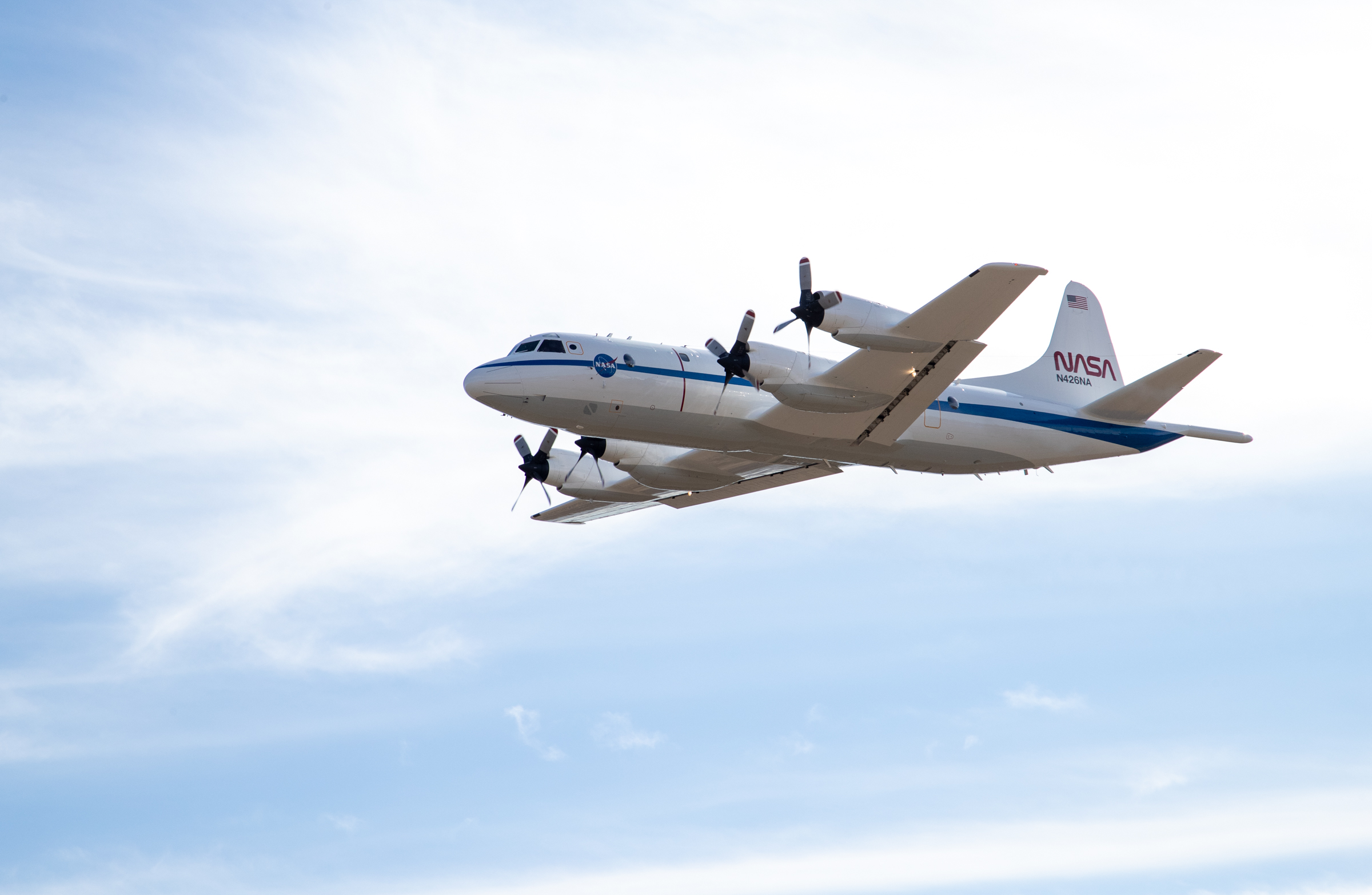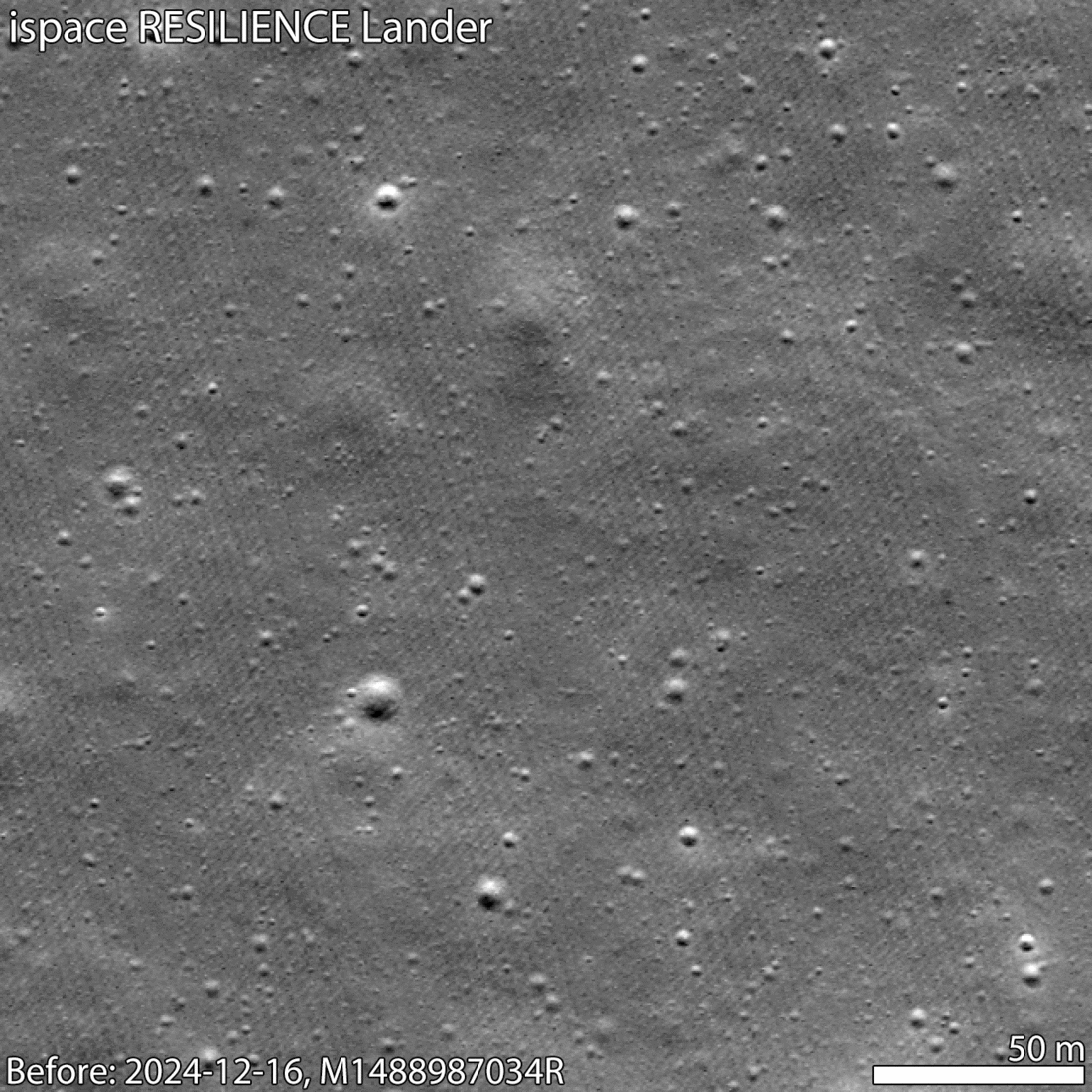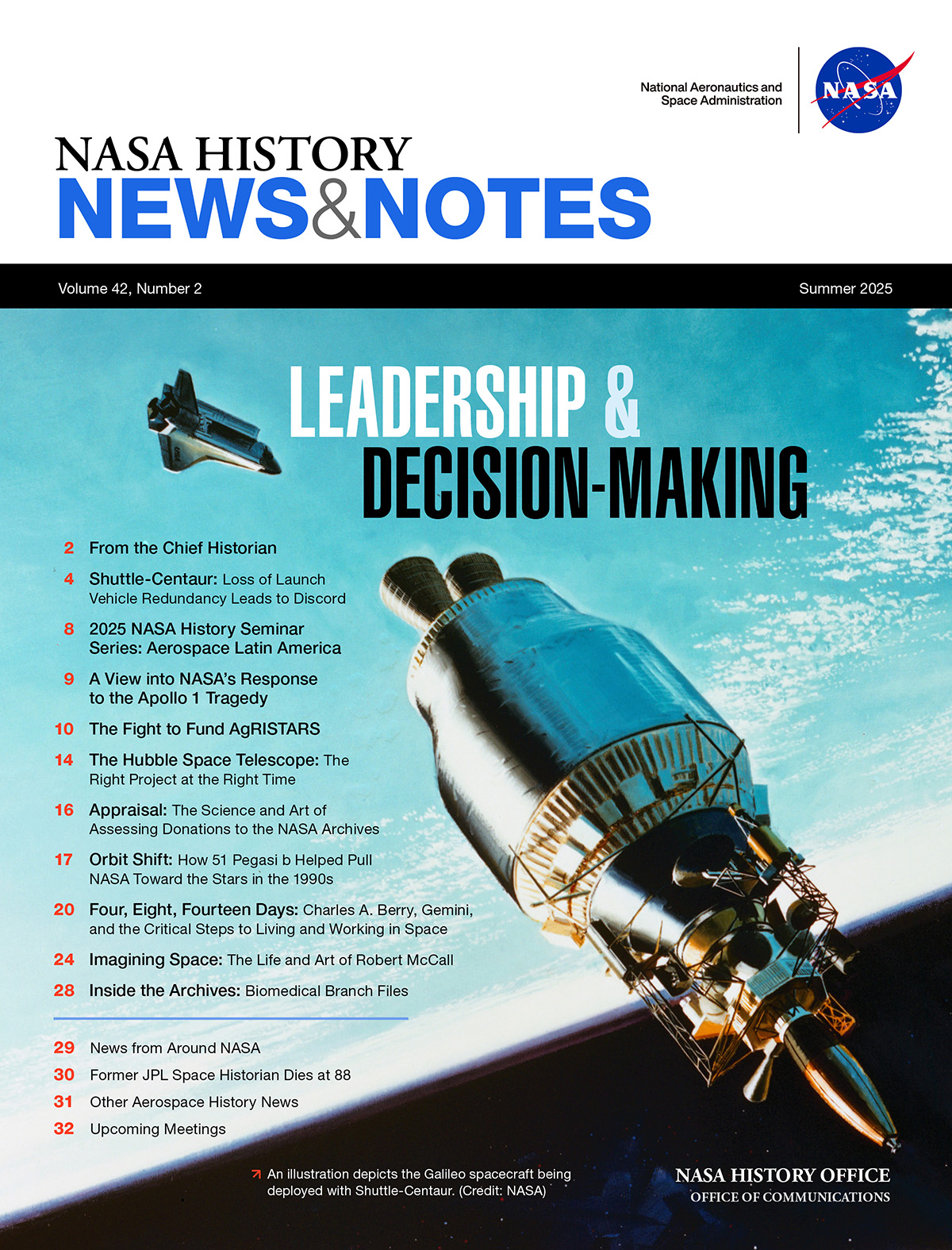Now Reading: NASA Aircraft to Conduct Low-Altitude Flights in Mid-Atlantic and California
-
01
NASA Aircraft to Conduct Low-Altitude Flights in Mid-Atlantic and California
NASA Aircraft to Conduct Low-Altitude Flights in Mid-Atlantic and California

Swift Summary:
- NASA’s Student Airborne Research Program (SARP) will conduct series of low-altitude atmospheric research flights from June 22 to July 2, 2023.
- Flights will occur in two regions: near Philadelphia, Baltimore, Hampton, Hopewell, Richmond in Virginia (June 22-26), and areas of California including Los Angeles Basin, Salton Sea, and central Valley (June 29-July 2).
- Aircraft involved are the P-3 Orion operated from NASA wallops Flight Facility in virginia and a King Air B200 contracted by NASA.
- Pilots will perform specialized maneuvers like vertical spirals between altitudes of 1,000 to 10,000 feet and fly above urban areas to collect data.
- Students participating in SARP will gain hands-on experiance handling scientific instruments to gather atmospheric samples which support climatological studies.
- Brian Bernth from NASA emphasized the program’s role in STEM education while noting operational challenges due to flying complex airspace.
indian Opinion Analysis:
India could derive valuable insights from programs like SARP that leverage technology and research-based methods for environmental studies. A similar initiative focusing on india’s varied climatic zones-such as the Himalayan region or polluted urban centers-would advance both scientific capabilities and environmental responsiveness. Collaborative ventures with institutions like NASA could also strengthen India’s research protocols through student-focused training programs. While India pursues pressing sustainability goals amid rapid industrialization growth rates akin to global trends seen here-program structure aligned thoroughly educates logical climate policy steps personally via developing skilled STEM students benefits seemingly substantial overall long-term

























